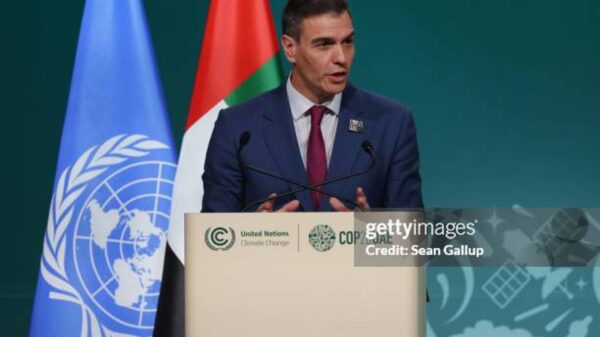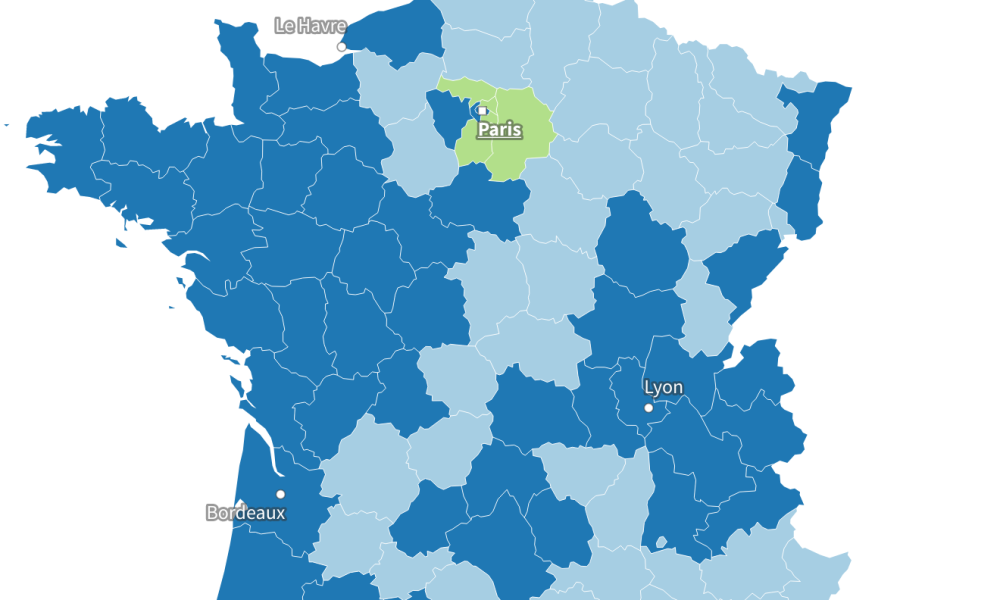A run-off election between Marine Le Pen and Emmanuel Macron (the French President) is set for April 24, promising to fight high inflation. A study of the first round voting data shows that Marine Le Pen is slightly ahead in areas with low incomes which are most affected from soaring prices.
Le Pen saw the frustration of people over rising inflation and modified her campaign to include an antiimmigration, eurosceptic message. Instead, her focus will be on how she can help families rebuild their budgets.
Macron won 27.8% of the votes compared to Le Pen’s 23.2%. There were however large regional differences, with electoral battle lines drawn based on socio-demographic and economic contours.
Demographic analysis shows that Le Pen’s promises resonated most in areas with low living standards. These areas are home to higher crime rates, more people who drop out from high school, lower life expectancies and more likely to be arrested.
This analysis shows that Macron will have difficulty reaching voters outside of his educated, city-dwelling base.
Similar to 2017, political power, economic wealth, and education were key determinants in which departments voted for Macron or Le Pen Sunday. This time, Macron had a stronger correlation to higher living standards.
In areas of greater poverty, Macron did worse than Le Pen. Macron won 12.7% while Le Pen won 16%.
Inflation has reached an all-time high. According to polls, voters are most concerned about how their purchasing power will change as they head into the election.
According to government data, France saw a significant increase in gross disposable income during Macron’s presidency. However, this is quickly being overtaken by rising inflation in the past six months.
His poor performance in areas of high unemployment and low income suggests that his message about how he can best reverse this trend is not being heard by those most in need.
France’s economic output is 1% better because of the package of a 25 billion euro ($27 Billion) government package. It was created to assist people in dealing with high energy prices. Voters are still concerned about inflation.
Le Pen’s performance was closely linked to his life expectancy. This indicator is used often to gauge economic and social well-being.
Females born in 2021 had a one-year lower life expectancy than those born to Macron’s winners in the same areas where Le Pen won.
Le Pen’s best performances were in the Aisne et Pas-de-Calais northern industrial areas. They had a two-year shorter life expectancy than national average. Nearly 30% of Aisne residents don’t have a high school diploma while 21% do. This is despite Le Pen’s 39% best performance in the first round.
Macron took note of this fact and made Denain, the poorest town in northern France, his first stop after Sunday’s election.
Both Macron and Le Pen will look for votes from JeanLuc Melenchon supporters when they enter the second round. Jean-Luc Melenchon was third in the first round, with 22% votes.
This leftist veteran did well in areas with a higher percentage of university-educated voters. They feel Macron has drifted towards the right.
Nearly half the votes were won in Melenchon’s northeastern Paris commuter region of Seine-Saint-Denis. More than 30% of France’s inhabitants are from this area.
Macron and Le Pen now have the chance of winning those votes. Because absentees in this area are higher than elsewhere, they will have to persuade people to vote.
Reporting by Leigh Thomas Editing by Tomasz Janowski
Our Standards






























